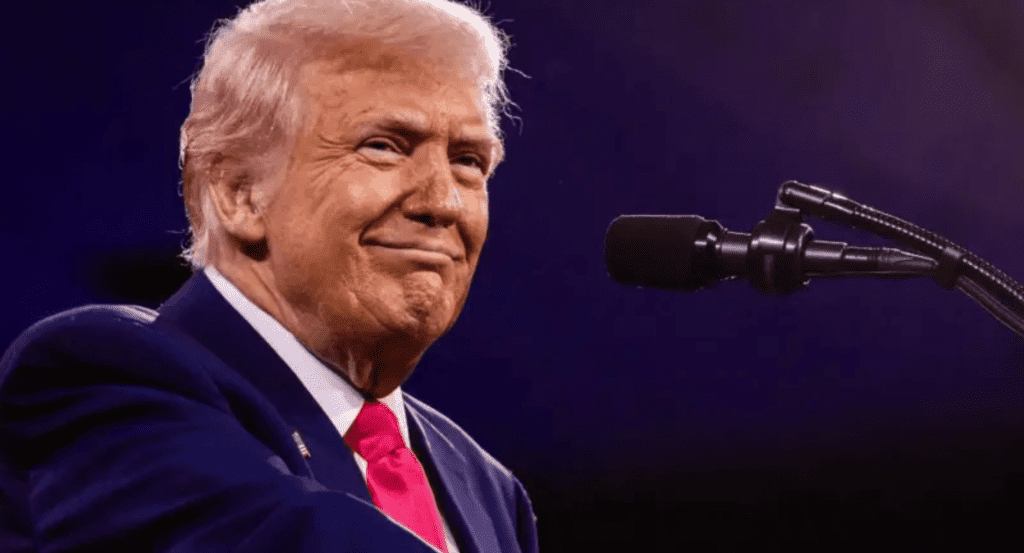U.S. President Donald Trump has announced a new $5 million ‘Gold Card’ visa program, aimed at attracting wealthy foreign investors. The initiative, which offers a fast-track pathway to U.S. residency, is designed to boost economic investment while prioritizing high-net-worth individuals. However, the policy has sparked controversy, with critics calling it an elitist approach to immigration.
What Is the Trump Gold Card Visa?
The Trump Gold Card visa is a residency-by-investment program that grants permanent U.S. residency to foreigners willing to invest at least $5 million in the country. Unlike existing investor visas, such as the EB-5 Immigrant Investor Program, this initiative provides a more exclusive, expedited process for ultra-wealthy applicants.
Trump, who is campaigning for a return to the White House in 2025, has promoted the visa as a way to boost the U.S. economy through foreign direct investment. “We want the best, the brightest, and the wealthiest,” Trump said during the program’s unveiling.
Who Qualifies for the Gold Card Visa?
To be eligible for the Gold Card visa, applicants must:
- Invest a minimum of $5 million in U.S. businesses, real estate, or job-creating ventures.
- Pass strict background checks, including financial scrutiny and national security evaluations.
- Demonstrate proof of funds and legitimate income sources.
Unlike other U.S. immigration programs, the Gold Card visa does not require applicants to create a specific number of jobs, making it more attractive to passive investors.
Why Is the Gold Card Visa Controversial?
The announcement has drawn mixed reactions, with supporters praising it as a way to stimulate economic growth and opponents condemning it as an elitist immigration policy.
Supporters Say It Will Boost the U.S. Economy
- Encourages foreign investment in American businesses and real estate.
- Generates millions in tax revenue without relying on government spending.
- Attracts high-skilled, high-net-worth individuals who contribute to economic stability.
Global Comparisons: How Does It Stack Up?
The U.S. is not the first country to offer a wealth-based residency program. Several nations already have Golden Visa schemes, including:
- Portugal – Invest €500,000 in real estate for residency.
- United Kingdom – £2 million investment for residency.
- United Arab Emirates (UAE) – 10-year visa for select investors and entrepreneurs.
The Trump Gold Card visa is unique due to its higher price tag and fast-track benefits, making it one of the most exclusive investor visas in the world.
Political and Economic Implications
The Gold Card visa comes as Trump continues his 2025 presidential campaign, promising tougher immigration policies while also courting wealthy foreign investors. The policy is seen as a contrast to restrictive immigration measures, focusing on affluent individuals rather than asylum seekers or low-income workers.
Trump’s critics argue that this move reinforces inequality in immigration, favoring the rich while restricting opportunities for skilled professionals, family-based immigrants, and refugees. However, supporters believe it could be a game-changer for U.S. economic recovery, especially in real estate and investment sectors.
Will the Trump Gold Card Visa Succeed?
The Trump Gold Card visa is an ambitious attempt to redefine U.S. immigration by prioritizing wealth over other factors. While it has the potential to bring significant foreign investments, it also raises concerns about social inequality, exclusivity, and ethics in immigration policy.
As the program rolls out, it will face political scrutiny and legal challenges, determining whether it becomes a lasting immigration strategy or a short-lived campaign promise. The question remains: Will the U.S. benefit from a visa that prioritizes money over merit?




















